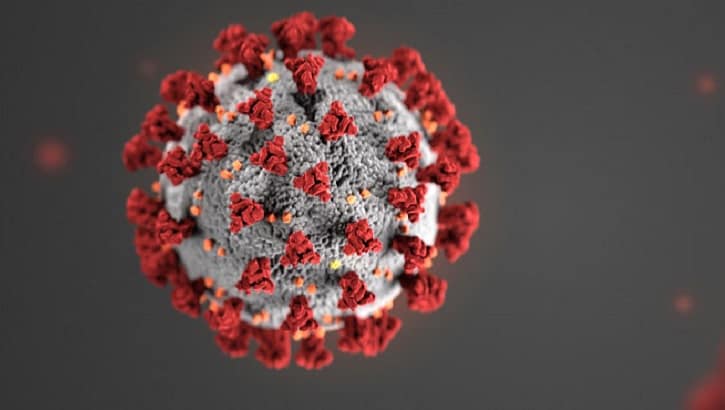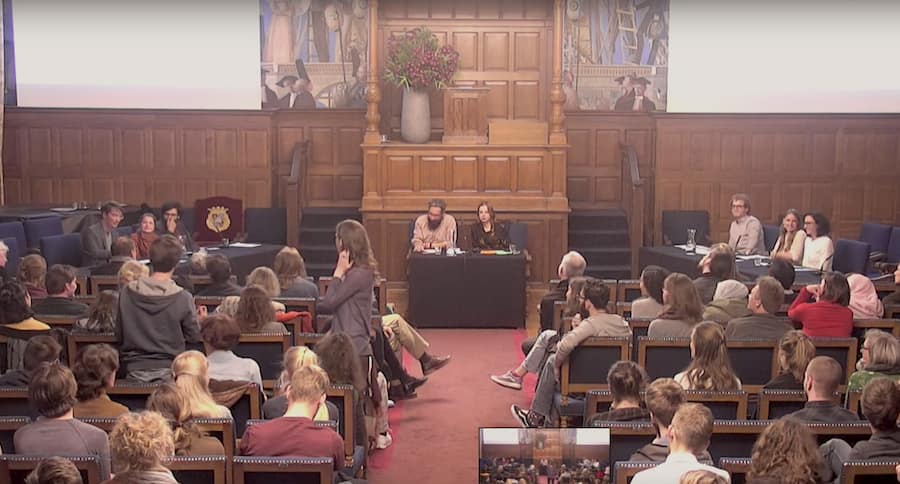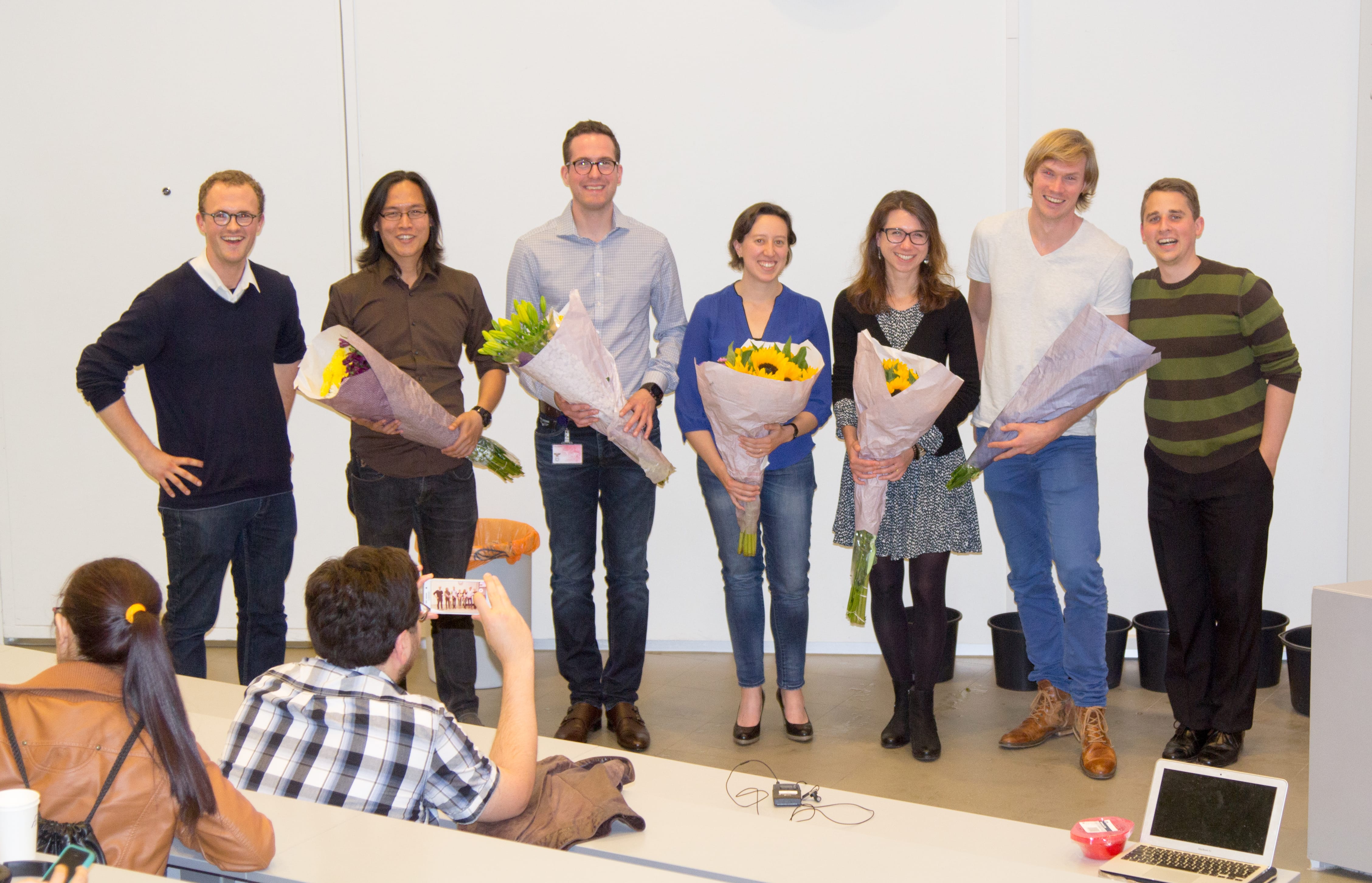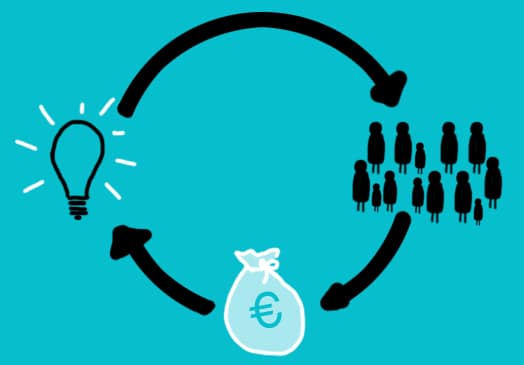Prof dr Casper Albers reflects on the numbers, and the rhetoric, of the corona crisis. (How do you tell the truth in a way that’s helpful both to the public and to policy-makers?)
Many of us no longer perceive science as extraordinary. Institutionalized, commodified, within a couple of clicks distance, one could argue that science is just another industry. Thrilling through its failures more often than through its successes, science is revealed as an enterprise prone to bias and fraud, often governed by personal interests and embedded in […]
The new BCN newsletter is out this week and we’re really happy to share with you an interview with Sarah Durston, conducted by Jaime Mondragon, PhD candidate from the Medical Faculty. Sarah Durston is a professor at the Univerity Medical Center Utrecht. She is the head of the NICHE (Neuro-Imaging in Childhood) lab in […]
Valeria Cernei, member of the Mindwise team and soon-to-be-graduate from the Groningen Psychology programme, has been moonlighting as writer for the BCN Newsletter for the past few months. She recently interviewed Mila Moxom about the way in which her bachelor’s degree in psychology from the RUG influences her artistic vision, an art project that blends […]
Marcus Munafò is Professor of Biological Psychology at the University of Bristol. His main research is on the neurobiological and genetic basis for tobacco and alcohol use, but he has also had a long-standing interest in the role of incentive structures in science, and their impact on research reproducibility. His scientific work on science (metascience) […]
A few weeks ago, Marco Egle and Timothy Sondej, graduates of the Psychology Bachelor and Research Master students in Groningen, co-organised the I F***ing Love YOUNG Science Conference in Groningen. Their aim was to showcase exciting research projects by PhD students in Groningen and connect them with students who may be considering following a career […]
Crowdfunding has reached the world of science, for better or worse. Controversial research fields, such as the ones utilizing potent psychedelics, do not attract many traditional funding sources. These financial obstructions hinder the accumulation of scientific evidence necessary for an informed evaluation of the research fields’ scientific merit. Crowdfunding could give researchers the chance to establish their fields’ scientific legitimacy.
The language that is used to verbalize thoughts about scientific concepts is more complex and sophisticated than the language we use in our daily conversations. Science and technology lessons provide excellent opportunities for children to be introduced to this sophisticated form of language, whereby teachers play a crucial role.
Academic administrators have responded to recent cases of misconduct by commissioning a multitude of regulations and protocols. The scientific code of conduct of the VSNU is an attempt to formulate the scientific ethos, but it works better as a discussion piece.









